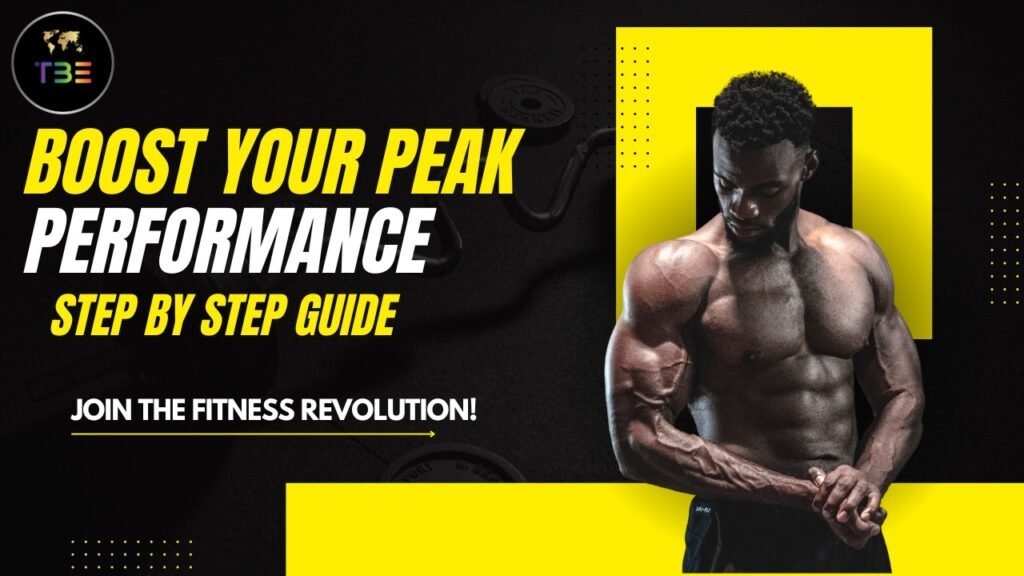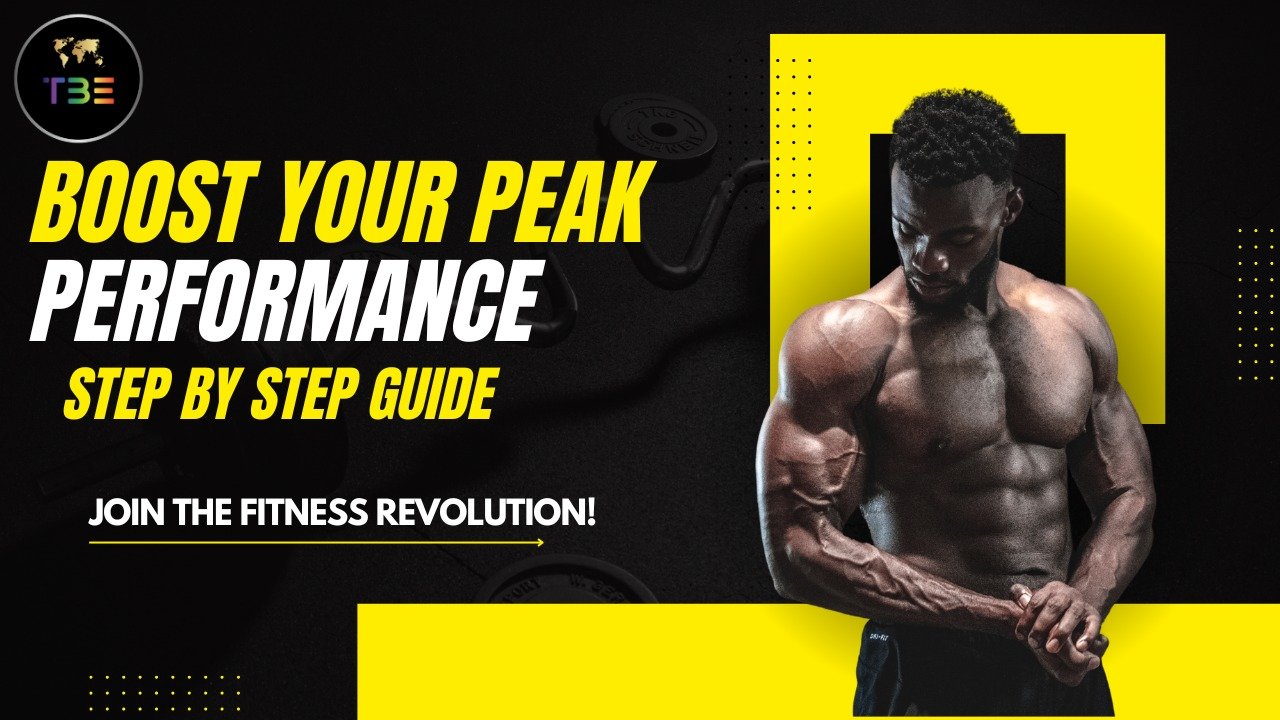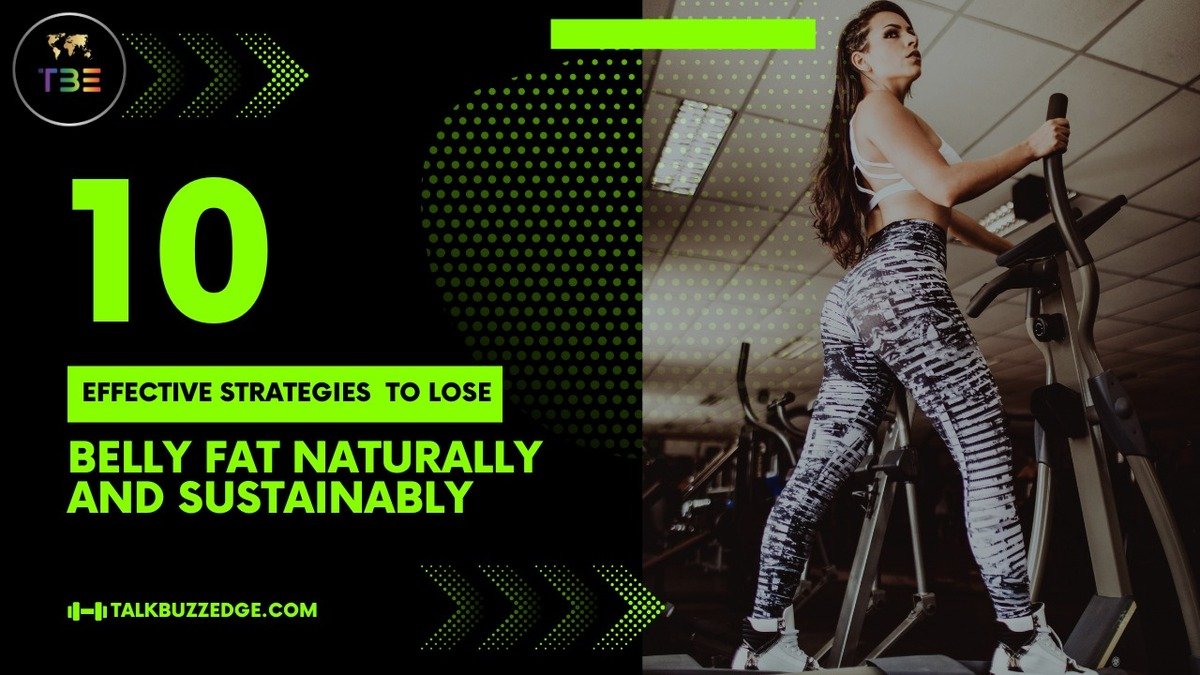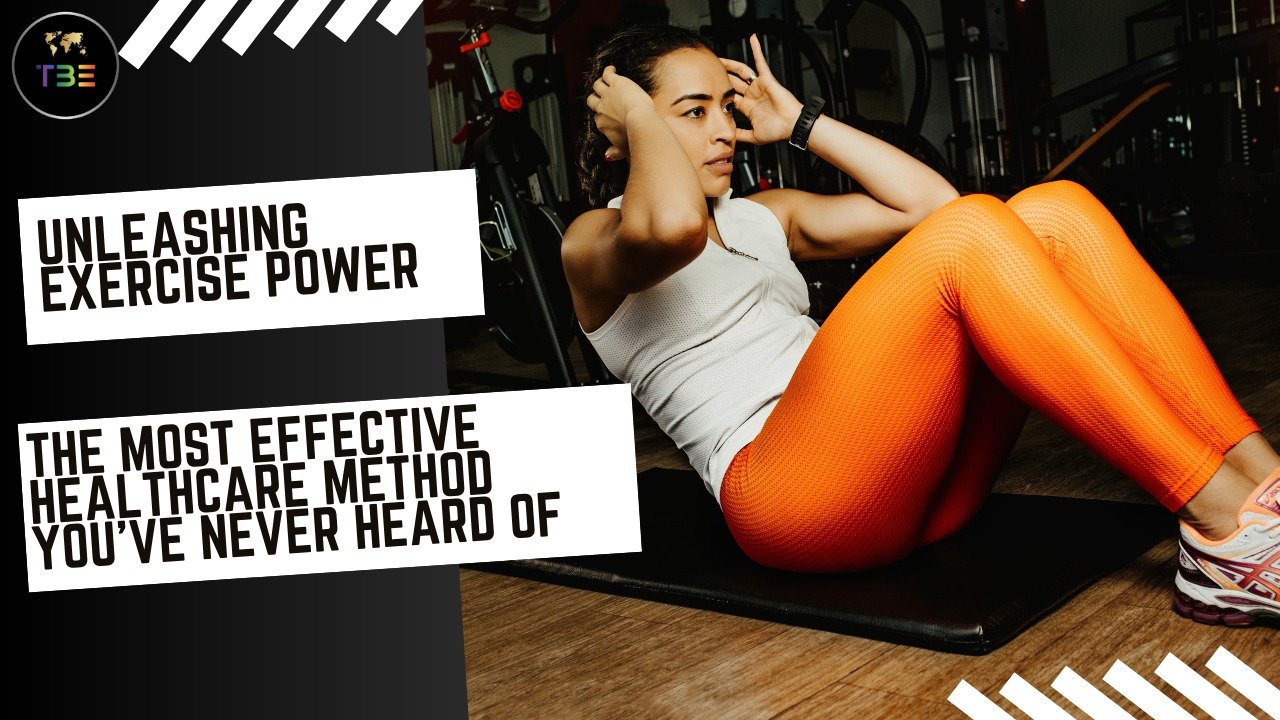
Getting ready for an exercise includes packing your essentials, getting at the gym in a proper mindset, and scheduling what to eat and drink for the hours before an exercise. Your pre-workout diet and how much hydration can significantly affect how well you perform and recover. With the support of experts, learn how to optimize your pre-exercise consumption to get the most out of your workout.
Carbs: The Nutrition Booster for Before-Workout
When it comes to maximizing your workout, carbohydrates should be your top priority. Even though they can have a bad image, carbohydrates are essential for providing the energy required for physical activity. Carbohydrates are important, as noted by nutritionist and Lululemon ambassador Dr. Hazel Wallace, who goes by @thefoodmedic on Instagram. She believes, “Carbs are crucial for workout performance.” “A combination of carbohydrates and protein is ideal before exercise for those who lead active lives.”
Why Carbs Are Key:
- Immediate Energy: Carbs break down into glucose, which is used for quick energy during exercise.
- Glycogen Stores: They replenish glycogen stores in muscles, which is critical for sustaining prolonged physical activity.
Top Carbohydrate Choices:
- Fruits: Bananas and apples are great for quick energy.
- Whole Grains: Oatmeal and brown rice provide sustained fuel.
- Vegetables: Sweet potatoes and leafy greens offer both energy and nutrients.
Timing Your Pre-Workout Meals: Optimize Performance with Proper Scheduling
The timing of your pre-workout meals can significantly affect your exercise performance. Wallace emphasizes that all meals contribute to pre-workout nutrition, with a focus on balance and timing. A well-rounded meal with carbs and protein, consumed 2-3 hours before exercise, is beneficial.
Meal Timing Tips:
- 2-3 Hours Before Workout: Eat a balanced meal that includes carbs, protein, and moderate fats. Consider options like grilled chicken with quinoa or pasta with a lean protein.
- 30-60 Minutes Before Workout: Opt for a light, easily digestible snack. Fruit or rice cakes are ideal for a quick energy boost.
Fiber and Fat: The Components to Limit Before Exercise
While fiber and fat are essential parts of a healthy diet, consuming them right before a workout can cause digestive discomfort. Wallace explains, “Fat and fiber slow digestion, which can lead to nausea or sluggishness during intense exercise. Blood flow is redirected away from the gut to the muscles during exercise, which can exacerbate these issues.”
Foods to Avoid Nearly to Exercise:
- High-Fiber Foods: Beans, lentils, and whole grains.
- High-Fat Foods: Nuts, seeds, and avocados.
For smoother digestion and better performance, choose easily digestible options close to your workout.
Caffeine: A Simple and Effective Boost
Many people reach for pre-workout supplements, but Wallace suggests a simpler and often more effective option: caffeine. “Caffeine is one of the most effective pre-workout stimulants,” she says. A strong coffee about 30 minutes before your workout can enhance focus and performance.
Caffeine Guidelines:
- Timing: Consume caffeine approximately 30 minutes before exercise.
- Moderation: Be mindful of your total daily caffeine intake to avoid jitters and insomnia. Avoid high-caffeine energy drinks, which can lead to negative side effects.
The Basis Behind Fasted Training and Protein Shakes
Although protein smoothies are a popular way to achieve dietary goals for protein, Wallace cautions against depending only on them. She says, “A well-balanced diet should provide sufficient protein.” Shakes can be an addition to a diet, particularly for athletes who have high protein needs from rigorous exercise, but they should not replace whole meals.
Wallace warns against training when fasting. “Training without food appears to have no effect on performance and may even lower energy levels,” she says. While some people might train while fasting, this might have negative effects on performance and health, especially for prolonged cardiovascular exercise.
Considerations for Fasted Training:
- Energy Levels: Eating before exercise can help maintain energy and performance.
- Health Implications: Long-term fasted training may affect hormone levels and overall health.
Hydration: Balancing Water and Electrolytes
For best results, it is important to stay properly hydrated; however, the duration and intensity of exercise determine whether electrolyte drinks are necessary. Wallace suggests that most people only need a small amount of water. She asserts that electrolyte drinks are not required for regular activity. “Electrolytes may be helpful for extended or intense workouts, such as marathon.”
Hydration Tips:
- Daily Exercise: Stick to water and drink according to thirst.
- Extended Workouts: Consider electrolyte drinks if engaging in prolonged, intense exercise.
- Advanced Hydration Monitoring:
- Sweat Analysis: For those who sweat heavily, weighing yourself before and after prolonged exercise can help determine fluid needs.
In summary, balance and simplicity can result in optimal performance.
In summary, a balanced approach to nutrition and hydration is essential for optimal pre-workout preparation. Your pre-workout diet should be centered around carbohydrates, with food selections and timing based on the intensity of your workout. While whole foods should be supplemented, not substituted, with protein drinks, caffeine can offer a helpful boost. Drinking enough water is usually enough to be properly hydrated, unless you’re doing long, intense activities. You may improve your workout performance and get greater results with less hassle if you adhere to these instructions.
ALSO READ: Unleashing Exercise Power The Most Effective Healthcare Method You’ve Never Heard of
















Leave a Reply